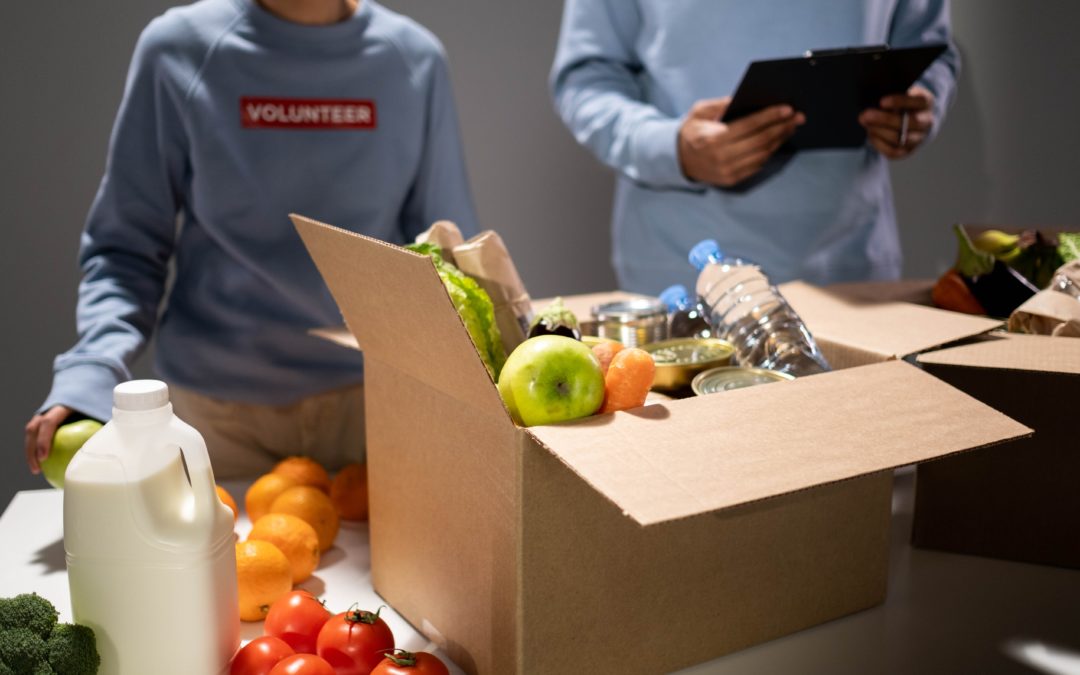During the pandemic, almost 15% of American households with children were classified as food insecure, meaning that they have difficulty meeting basic food needs in the span of one year. Even before Covid-19, 30 million children qualified for free or reduced-cost lunches in school. When schools closed for the pandemic in 2020, many of those children lost their one nutritious meal of the day.
In New York City alone, food insecurity surged 36% during the pandemic and 46% among children, according to Feeding America.
As a result, local food pantries and soup kitchens are feeding more clients than ever. By donating money or giving nonperishable foods such as peanut butter, canned fish, or other nutrition dense food that has not reached its “sell-by” date, you are helping enormously.
The Covid-19 pandemic has also caused 140,000 American children to lose a parent or caregiver, according to Susan Hillis, an epidemiologist at the Centers for Disease Control and Prevention. A similar study in the Lancet found more than 1.5 million children around the world lost a primary or secondary caregiver during the first 14 months of the pandemic. Chicago alone saw a 33% increase in children entering foster care.
You can help by finding local organizations that serve the foster care community. Volunteer as a respite weekend parent, mentor or CASA — court appointed special advocates. Or organize a toy drive for the foster community or send care packages with needed items.
At the beginning of the pandemic, schools also closed forcing children to take classes online. Not only did their reading and math scores plummet but the enforced isolation from their peers and teachers resulted in declining mental health and higher substance abuse.
Since thousands of at-risk children and their families are still grappling with unemployment, homelessness, food insecurity, illness, or trauma, studying at home becomes practically impossible for many.
So how can you help these kids during the holidays?
Volunteer for online tutoring programs with local schools or in New York City check out ReadingPartners.org. Also consider volunteering for Big Brothers Big Sisters as well as working with adult literacy programs.
Consider donating to public schools that could benefit from donations of supplies and time, but get approval through the proper channels beforehand.
But whatever you do, do get involved.
